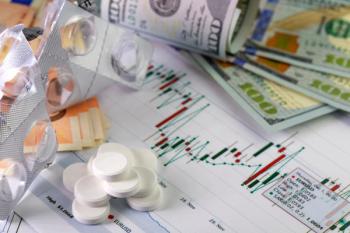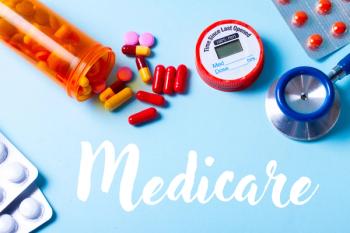
Issues about biosimilar substitution
At a time when biosimilars are of strong interest to insurers and health care systems for cost control, physicians are not rushing to issue a blank check for their substitution. Details here.
While a larger percentage of U.S. physicians say they intend to prescribe biosimilars in the coming three years, fewer say they would allow pharmacy-level substitution of these drugs than six months ago, according to a
Plus, doctors are weighting more factors into their decision to prescribe biosimilars at all, according to the new data from InCrowd, a healthcare market intelligence provider. InCrowd surveyed 150 physicians across five subspecialties in which biologics prescribing is significant-dermatology, endocrinology, gastroenterology, oncology and rheumatology- in September, 2016 and compared it with their survey results from February, 2016.
The good news for the biosimilars market is that 84% of physicians said they expect to prescribe, assume they will prescribe, or look forward to prescribing more biosimilars in the next three years-up from 70% in February.
“The figure reflects a decrease in those physicians who would only prescribe biosimilars if they were forced to do so, or there were specific patient conditions that warranted a move away from the originating biologic-from 26% in February to 16'% in September,” InCrowd said in a press statement.
However, more health care providers (49% in September, up from 41% in February) are planning to prohibit substitutions in some cases -- especially if an originator is working for a patient already – until they get a feel for these new class of products. And only 17% of doctors surveyed in September said they would not prohibit biosimilars substitutions on their prescriptions for the originator biologic, down from 28% in February.
“I’m struck by just how skeptical some doctors are in verbatim comments,” Diane Hayes, President and Co-founder of InCrowd, told Drug Topics. “From all the data I have reviewed, biosimilars are essentially interchangeable with their biologic originator. I understand not wanting to replace the present medication that’s working just fine for a patient. But as biosimilars essentially increase options and drop costs on expensive, life-saving – or life-prolonging drugs – the degree of skepticism strikes me as odd.”
Diane HayesSome of the comments InCrowd received from physicians included, “At this time I would not be amenable to switching a patient from a stable medication without significant data to prove complete compatibility” from a rheumatologist and “I would wait and let other doctors experiment on their patients,” from an oncologist.
Among the top 10 most important factors in deciding whether to prescribe a biosimilar, physicians are now placing greater emphasis on thought leader opinions and professional organization guidelines-now at 55%, up from 46% in February. They are also giving greater weight to patient acceptance of biosimilars, up to 49% from 40%.
“Data reflect that, during this time when biosimilars are of strong interest to insurers and health care systems for cost control, physicians are not rushing to issue a blank check for their substitution, and are keenly aware of their need to thoughtfully consider any such use,” Hayes said.
InCrowd’s biosimilars survey also showed that, given the choice, roughly the same percentage of physicians – 35% in September compared with 36% in February-plan to prescribe original biologics first and foremost.
The majority of physicians are still looking for discounted pricing if they’re going to prescribe biosimilars-59% would prescribe a biosimilar over the originator at 15% discount and 77% would prescribe at a 25% discount-figures that remained roughly the same in the past six months.
âHayes is surprised that more physicians are not familiar with – and willing to prescribe – biosimilars. “With four biosimilars available now, not just one, I’m surprised that that substantially more docs aren't…more familiar with biosimilars. These products are available, with more coming down the line. They could have a significant impact on costs to patients and insurers, and with a sizable portion of healthcare providers already expecting that insurers will force them to use biosimilars anyway, I would expect the vast majority of physicians should be getting themselves well-acquainted with these drugs.”
Newsletter
Pharmacy practice is always changing. Stay ahead of the curve with the Drug Topics newsletter and get the latest drug information, industry trends, and patient care tips.























